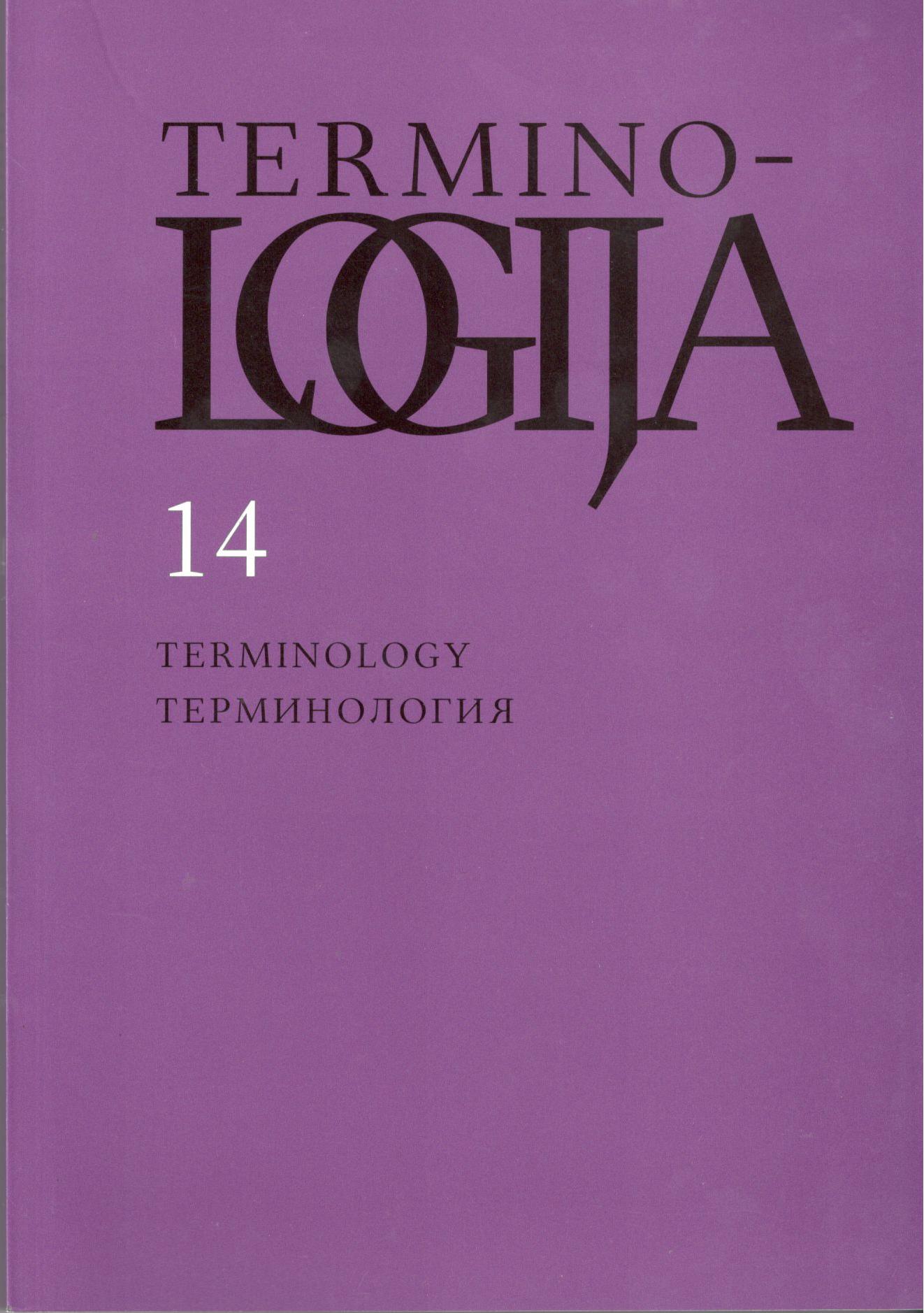Kas esamybė, o kas reikiamybė – tikra ar formali
What is a reality and what is a true or formal necessity
Author(s): Jonas KlimavičiusSubject(s): Language and Literature Studies, Morphology, Lexis, Descriptive linguistics, Baltic Languages, Philology
Published by: Lietuvių Kalbos Institutas
Keywords: grammar; gerundive; terminology;necessity;
Summary/Abstract: Amongst matters of grammar which are important to special language, language of science and terminology there is the tricky issue of necessitive participles. The difficulty arises not from terminology, but from the grammar itself – a content of this category which flourished in the past, but did not survive in all dialects, lacks clarity of usage. Some formations do not any longer have the meaning of an action which should or must be done (or have it, but not in all collocations and it signifies – like the present passive participle – the possibility or even the property of continual action (būtinas, mirtinas, stebėtinas...)), but in addition they have very peculiar lexical meanings, which are distant from the categorial meaning (trūktinas – 1. „kuriam ko trūksta, nepakankamas“, 2. žem. „ne viso proto, kvailas“, pusėtinas – „vidutiniškas; gerokas, smarkokas“). Despite moving away from the category, such gerundives ought to be cherished, since they are an inherited treasure of the language, which ensures tradition. Logicality of terminology and relations of grammatical oppositions of microsystems do not allow a blind following of this root, for instance, a thing which should not be allowed, but is allowed only because of inevitability, is leidžiamasis, -oji (greitis, norma...), but not leistinasis, -oji. The opposite draudžiamasis, -oji (prohibitive) (veiksmas, medžiaga, ginklas...) keeps a tighter hold in terminology (every draudžiamas (prohibited) thing needs to be prohibited). In such cases a sense of grammar together with grammatical and logical thinking is very necessary for creators and users of terminology, editors and secondary users – journalists.
Journal: Terminologija
- Issue Year: 2007
- Issue No: 14
- Page Range: 61-69
- Page Count: 9
- Language: Lithuanian

